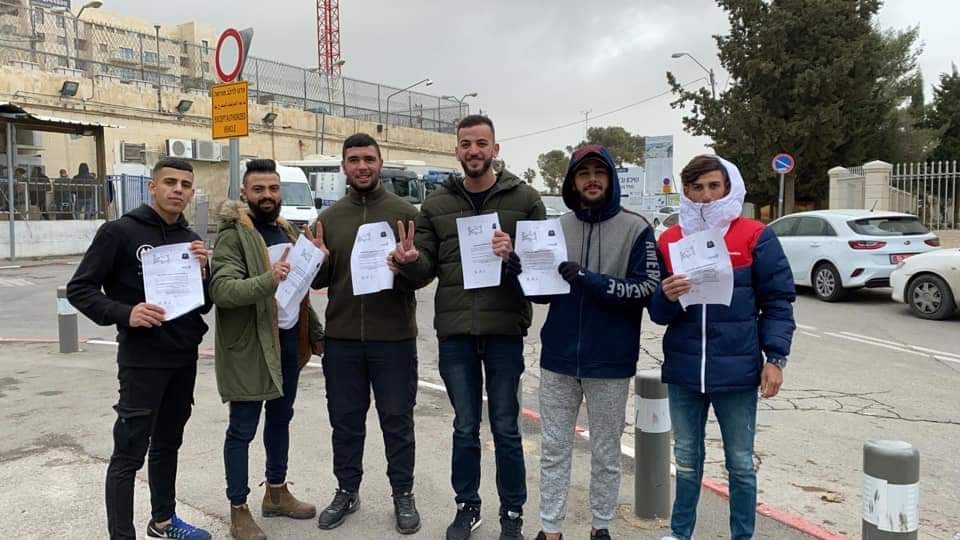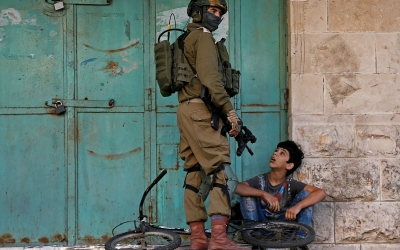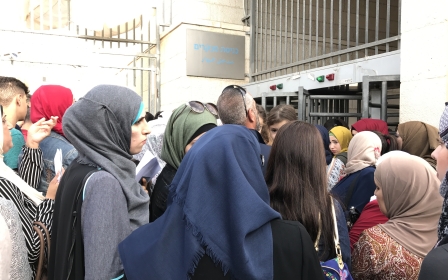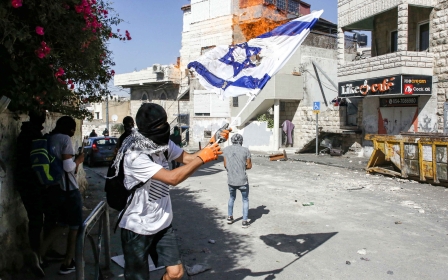Israel to impose British Mandate-era curfew on Palestinians of Jerusalem

Israel intends to use a British Mandate-era emergency act to impose a nighttime curfew on several Palestinians in occupied East Jerusalem, Middle East Eye has learned.
Though a final decision is set to be made in the upcoming days, Israeli police on Sunday notified six Palestinian residents of the Issawiya neighbourhood that they intend to place them under curfew for several months.
The six were released on 24 December after being arrested on the basis of “disrupting public order”, and were given 72 hours to reply to the police notification issued by the general prosecutor of the Israeli army.
In recent years, Issawiya has become a flashpoint neighbourhood in East Jerusalem, subject to regular raids and arrests by the Israeli army and police. The homes of Palestinians there are regularly demolished by Israeli authorities.
Mohammed Abu el-Hummus, a community activist in Issawiya, told MEE that it is the first time such a military order will be imposed on residents of East Jerusalem.
New MEE newsletter: Jerusalem Dispatch
Sign up to get the latest insights and analysis on Israel-Palestine, alongside Turkey Unpacked and other MEE newsletters
“So far, the Israeli occupation authority declared its intention to impose the nighttime curfew on these people, but no actual decision has been taken,” he said.
Israel is using a British Mandate emergency law dating from 1945 to justify the order. It hands military commanders broad authorities, and has been used to place curfews and raze Palestinian homes in the occupied West Bank for years.
According to Abu el-Hummus, the curfew would start at around 6pm or 7pm, and is different from house arrest, as those affected are able to leave home during the day for work.
An Israeli military spokesperson told the Haaretz newspaper that the decision has been made based on "classified intelligence" and "information pointing to a public security risk".
Israel occupied East Jerusalem, along with the West Bank, Gaza Strip and Golan Heights, in 1967 and subsequently annexed the city's eastern neighbourhoods in a move never recognised by the international community.
With Palestinians seeking East Jerusalem as the capital of any future state, Israel has sought to promote Jewish settlement and enforce Israeli civil authority there.
Jerusalemites have denounced and resisted the variety of moves - whether by armed forces, bureaucratic quagmires, or continuous settlement expansion - used by Israel to pressure Palestinians to leave the city and tighten their freedom of movement.
Middle East Eye delivers independent and unrivalled coverage and analysis of the Middle East, North Africa and beyond. To learn more about republishing this content and the associated fees, please fill out this form. More about MEE can be found here.





